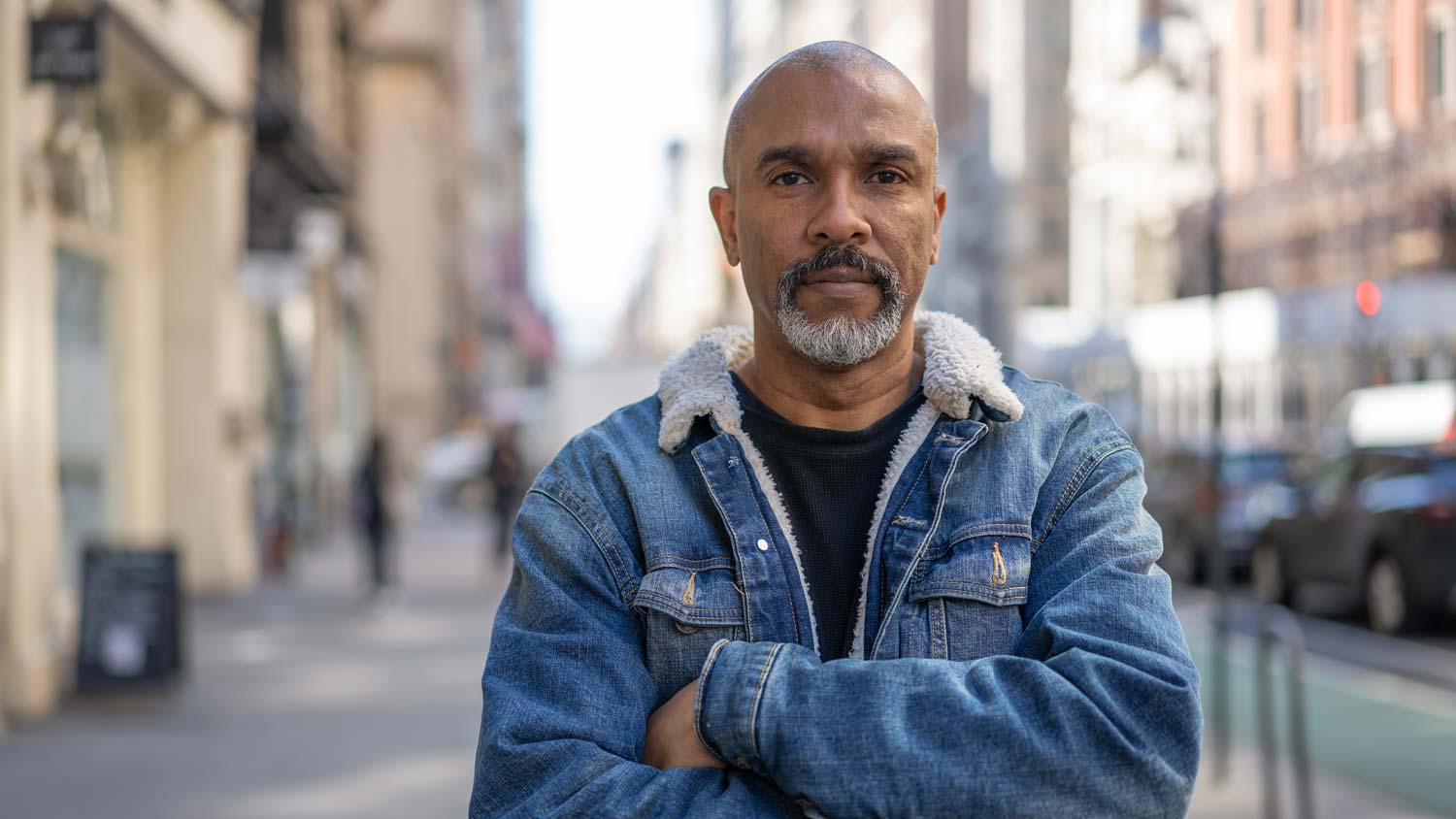In our journey towards a more inclusive society, it’s essential to dismantle the myths that create barriers for individuals with disabilities. Despite advancements in understanding and advocacy, misconceptions still persist—misconceptions that not only misrepresent the lived experiences of people with disabilities but also hinder their participation in community life. Valley Oaks Health aims to challenge these outdated narratives and foster an environment where everyone is recognized for their inherent value and potential. This article confronts prevalent myths that skew our perspective on disabilities, aiming to replace them with a narrative that celebrates diversity, autonomy, and the rich tapestry of human capability. By reexamining these myths, we advocate for a shift from a disability-focused viewpoint to one that acknowledges the whole person, their strengths, and their rightful place in the fabric of our community.
Disability does not define personhood
Rather than categorizing people by their disability, we should recognize each individual’s unique identity. The mantra “Label Jars, Not People” serves as a reminder that a person’s condition is just one aspect of their multifaceted self.
Disabilities do not mean a low quality of life
The assumption that individuals with disabilities are perpetually unwell or in pain is unfounded. Like anyone else, their health fluctuates, but their disability itself is not synonymous with suffering.
Not everyone wants to be a hero in the spotlight
While society often celebrates individuals with disabilities for their perceived extraordinary courage, this perspective can be burdensome. Living with a disability does not mandate being an inspiration.
“Special treatment” can be more harmful than helpful
Labeling individuals with disabilities as “special” undermines their equality and potential. Expectations should be aligned with their abilities rather than lowered under the guise of special treatment.
Disability does not mean tragedy
Viewing disability as a tragic circumstance to be pitied is a misconception. More tragic is society’s negative perception and the barriers to accessibility that individuals face.
People with disabilities can be independent
It’s a fallacy to assume that disability equates to dependence. While some tasks might require assistance, autonomy remains a priority, and offers of help should be made respectfully. This relates to mobility as well as the idea that individuals are “confined” to their wheelchairs is a misrepresentation. A wheelchair, much like a car, is a tool for independence, not confinement.
Social circles are not defined by a person’s disability
Assuming that people with disabilities prefer to socialize exclusively with each other is a misjudgment. Social circles are chosen based on personal preference, not disability.
Remember, disabilities can be invisible
Invisible disabilities, such as mental health disorders, chronic pain, diabetes, and neurological disorders, significantly impact individuals’ lives even though they may not be immediately apparent to others. Awareness of this helps in providing appropriate support and accommodations, ensuring that those with non-visible disabilities are not overlooked or misunderstood.
Individuals with disabilities are not inherently limited from leading rewarding lives. It’s essential to concentrate on their skills and contributions. Success stories abound, from mechanics who are blind to chemists with motor challenges, showing that a fulfilling, productive life is entirely achievable.







